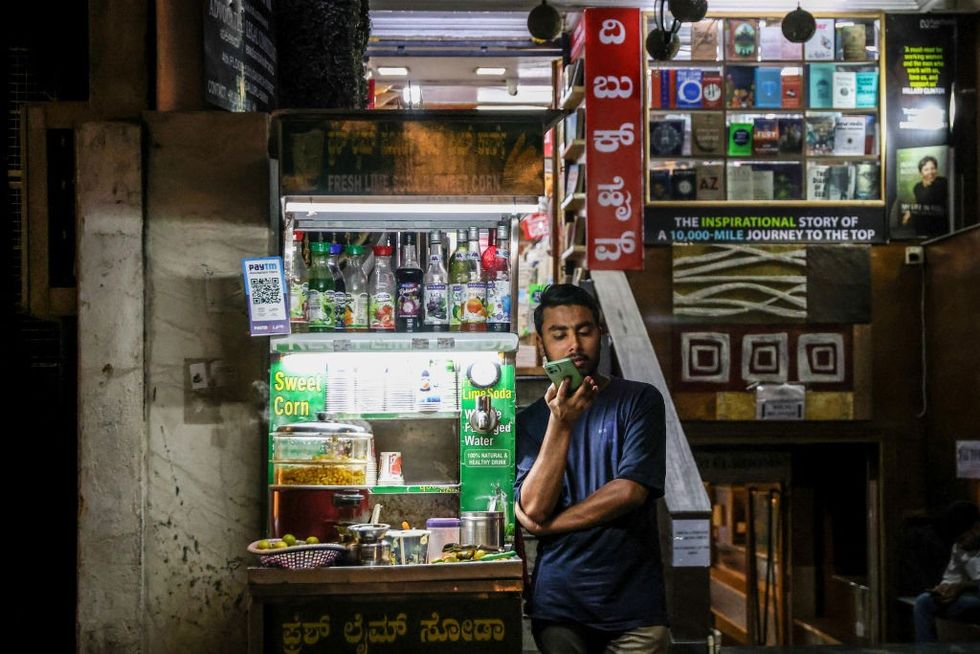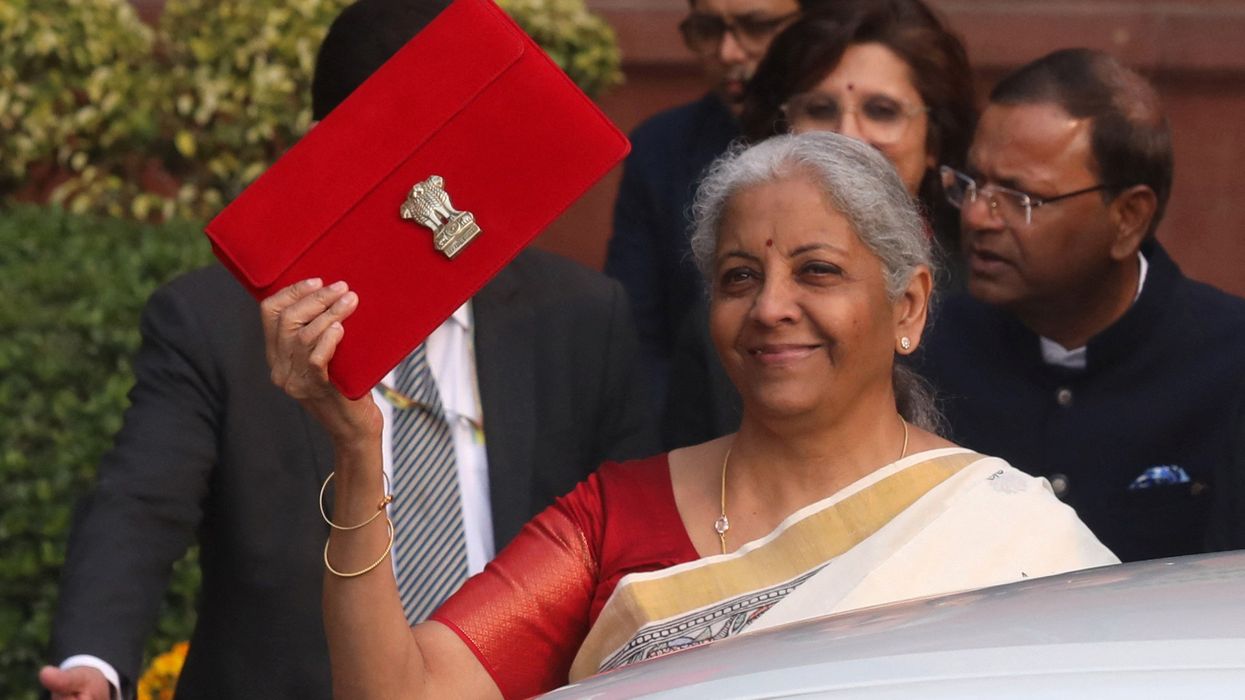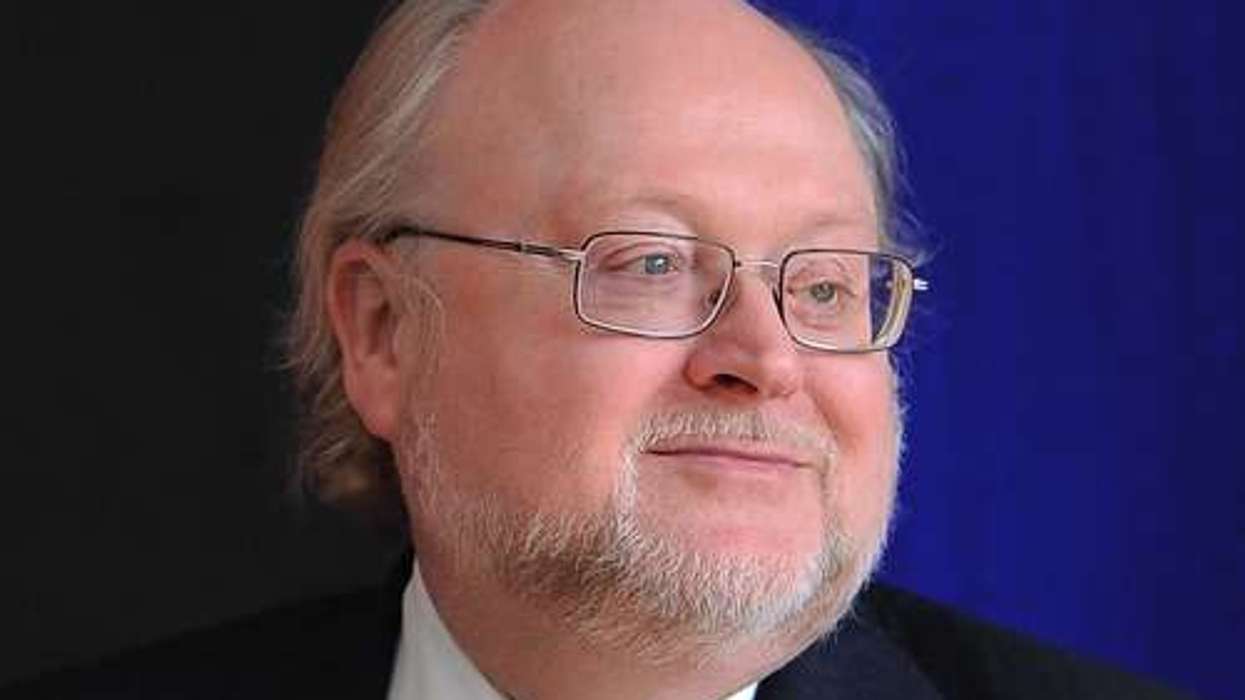INDIA's finance minister unveiled broad income tax cuts on Saturday (1) as prime minister Narendra Modi's government looks to bolster consumption and perk up a slowing economy.
The world's most populous country is forecast to expand at its slowest pace since the Covid pandemic in the current fiscal year, after growing at more than eight per cent last year.
Consumers have been burdened by high food inflation and weak wage growth, two factors impacting urban consumption.
"The new structure will substantially reduce the taxes of the middle class and leave more money in their hands, boosting household consumption, savings and investment," finance minister Nirmala Sitharaman told parliament while unveiling the year's budget.
"Slabs and rates are being changed across the board to benefit all taxpayers."
The finance minister said that individuals earning an annual income of up to Rs 1.2 million (£10,900) would now be effectively exempt from paying income tax.
It nearly doubles the previous tax-free threshold of Rs 700,000 (£6,700).
Cuts were also announced for a newer system introduced in 2020, with annual incomes of Rs 1.6m to Rs 2.4m (£15,300 to £22,900) now attracting a tax rate of between 20 per cent and 25 per cent, down from the earlier rate of 30 percent.
"The middle class provides strength for India's growth," Sitharaman said.
The changes would result in the Indian government foregoing revenue worth Rs one trillion (£9.1 billion), she added.
India will post a deficit of 4.8 per cent of gross domestic product this financial year, below the 4.9 per cent projected during last year's budget, likely helped by lower capital expenditure.
The benchmark Nifty index gave up initial gains it made during Sitharaman's speech and was trading 0.19 per cent lower on Saturday afternoon in a special budget trading session of the Mumbai bourse.
Axes import tax on some smartphone parts
India has removed import duties on some components key to producing mobile phones, Sitharaman announced, in a boost for local production efforts and benefiting firms such as Apple and Xiaomi.
India's electronics production has more than doubled in the last six years to $115bn (£91bn) in 2024, with the country now becoming the world's second-largest mobile phone manufacturer.
Apple led the India smartphone market with a 23 per cent share in total revenue during 2024, followed by Samsung at 22 per cent, according to research firm Counterpoint.

The list included components for mobile phone assembly such as printed circuit board assembly, parts of camera modules, and USB cables, which were taxed at 2.5 per cent earlier.
The cuts will help India better cope with a potentially disruptive year of global trade due to US president Donald Trump's tariff threats.
As Trump hopes for his "America First" policies to lure more manufacturing units back into the US, India is seeking to take advantage of US-China trade tensions to increase its own share of global supply chains.
Internally, India's IT ministry had warned it risks losing out to China and Vietnam in the smartphone exports race if it were to not lower tariffs to lure global companies, Reuters reported last year.
The minister had announced a review of the nation's customs duty rate structure to rationalise and simplify tariffs for ease of trade.
The duty review also aimed at removing the so-called inverted duty structures or instances where tariffs on raw materials or intermediate goods are higher than the final products they are used to produce.
India's complicated tariff structure is often cited as a deterrent for efficient local production and a cause of disputes.
Long-term programmes to boost pulses, cotton output
India will launch a six-year programme to boost the output of pulse crops by taking measures including directing state agencies to buy the staple at guaranteed prices, the finance minister said in a bid to cut reliance on imports.
Rising demand has forced India, the world's biggest producer and consumer of pulses, to spend a record $5bn (£4bn) on importing pulses such as pigeon peas, black matpe, and red lentils in 2024, making the country the world's top importer.
India currently imports large amounts of pulses from Canada, Myanmar, Russia, and a host of African countries.
Over the next four years, state agencies will procure pigeon peas, black matpe, and red lentils from farmers at government-set guaranteed, or support, prices, Sitharaman said.
She said her government would also aim to boost cotton production, particularly of the extra-long staple variety, by supporting research and development.
India is the world's second-biggest cotton producer, but yields have fallen in recent years, turning the country into a net importer of the fibre, after previously being a net exporter.
Announcing measures to assist millions of farmers grappling with low incomes, Sitharaman unveiled plans to set up a urea plant with an annual capacity of 1.2 million metric tons to boost supplies of one of the key crop nutrients.
Agriculture is a mainstay in India. The sector employs nearly 45 per cent of the workforce and contributes about 15 per cent to the $3.5 trillion economy.
(Agencies)





